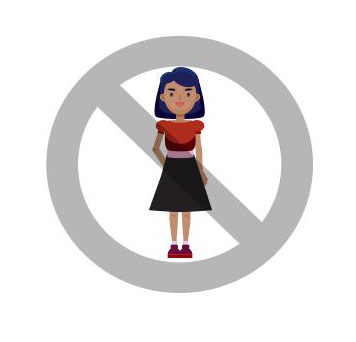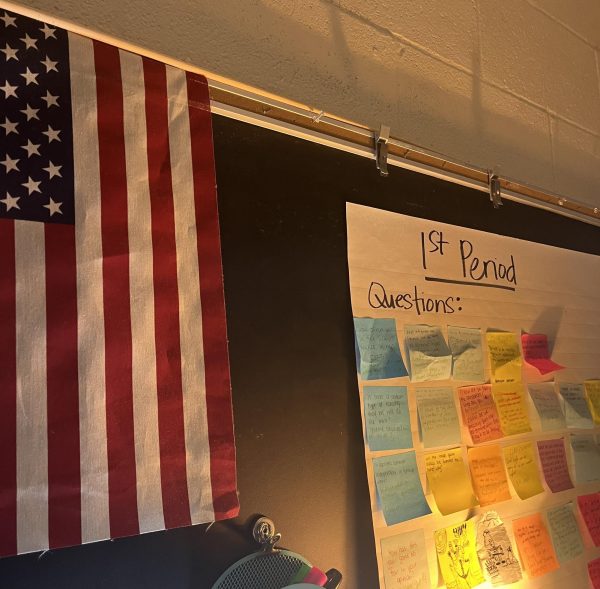United We Stand

Women stay home to stand out.
On Wednesday, March 8, women around the world came together to show their support for equality for both sexes. On A Day Without Women, women of all ages around the world were encouraged to stay home from work and school, wear red, stay away from businesses that were not owned by minorities, and start conversations about equality.
In President Donald Trump’s first 100 days, there have been many strikes, marches and protests to make sure women get the benefits that they deserve.Trump has been conveyed as sexist and disrespectful to women from the leaking of former interviews. With this information coming out, many fear of the uprising of men domination in the workplace and the reverse of the work that has already been done to help equality come this far.
The majority of minorities showed their support for former Presidential candidate Hillary Clinton gained the votes from African Americans at 80 percent of black men and 93 percent of black women voting for Clinton (independent.co.uk). Trump gained the majority vote from both white men and women giving the majorities the win.
The issue is about women as a whole while still supporting all minorities. While marches can be harder to reach for everyone, this is local. Without having a central focus area for this strike, women around the world participated. Because of the amount of women teachers who would not be coming to school, two school districts in North Carolina shut down school on this day.
This strike was meant to show the importance of women in the workplace as well as everyday life. On the website for the Day WIthout Women it states, “In the same spirit of love and liberation that inspired the Women’s March, we join together in making March 8th A Day Without a Woman, recognizing the enormous value that women of all backgrounds add to our socio-economic system–while receiving lower wages and experiencing greater inequities, vulnerability to discrimination, sexual harassment, and job insecurity.”
The day has caused awareness and controversy throughout the world. The main controversy is that women don’t feel privileged, but the women who have the chance to take off on this day are the privileged ones. Women who don’t have a high up job or that work for themselves don’t have the opportunity to miss a day. Although it was stressed that you if you can’t get off you should spread gender parity conversations throughout the workplace, the best option would be to stay at home.
Many women who stayed home took personal days, which generally means that they still received pay. With being paid to stay home, the idea of being privileged was even more prevalent. The leaders of the organization quickly cleared up the controversy by saying that they were on strike for the people who couldn’t be. “The 20,000+ mostly-female garment workers who staged a massive strike in 1909 weren’t privileged,” said clinic escort on twitter the day of the event. It was also brought up that labor strikes were the reason behind weekends off as well as eight hour days.
The strike was a great risk for most workers, especially depending on if their boss was for or against the issue. With supporting only business with minority owners or owners who openly support equality for all sexes, contrasting businesses suffered severely. Workers there who stayed home risked getting fired. With the possibility of one less income in their household, women showed support for each other by banning together in this strike.
While major issues like not being able to vote isn’t prevalent in the United States, these issues still connect women in other countries. The leaders of the organization claim that the strike was meant for all women, them included. Major issues may not connect every women in the world but the matter of being undervalued can.
In the end the strike pushed for overall support and not individual benefits. It wasn’t about who was privileged and who wasn’t, it was about solidarity.








